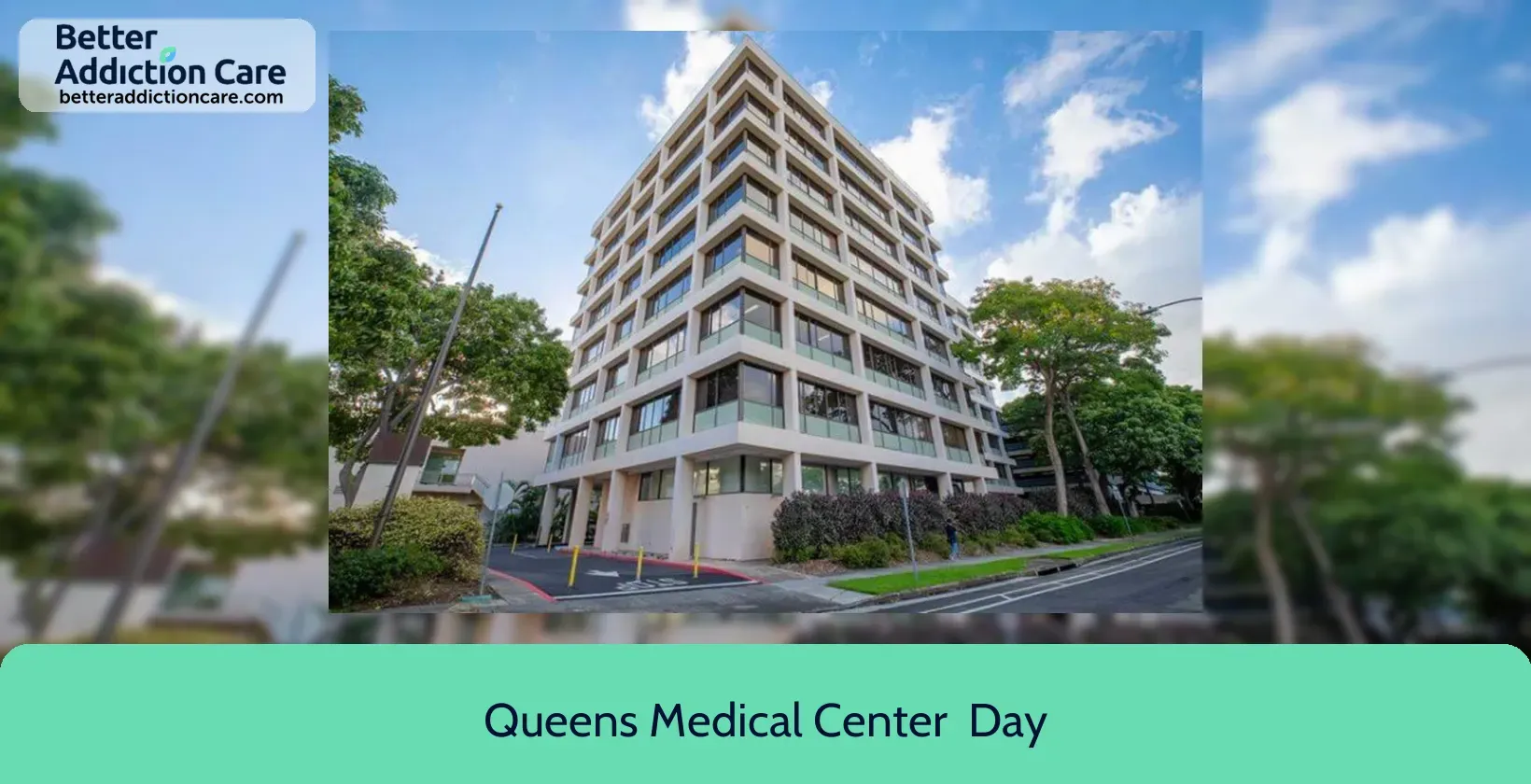Action with Aloha - Vineyard Boulevard Office

Overview
Action with Aloha - Vineyard Boulevard Office is a substance abuse treatment center for people seeking treatment near Honolulu County. As part of their treatment modalities for recovery, Action with Aloha - Vineyard Boulevard Office provides cognitive behavioral therapy, telemedicine/telehealth therapy, and substance use disorder counseling during treatment. Action with Aloha - Vineyard Boulevard Office is located in Honolulu, Hawaii, accepting cash or self-payment for treatment.
Action with Aloha - Vineyard Boulevard Office at a Glance
Payment Options
- Cash or self-payment
- Medicaid
- Medicare
- State-financed health insurance plan other than Medicaid
- Private health insurance
Assessments
- Screening for tobacco use
- Comprehensive mental health assessment
- Comprehensive substance use assessment
- Interim services for clients
- Outreach to persons in the community
Age Groups
- Seniors or older adults
- Young adults
- Seniors
Ancillary Services
- Case management service
- Mental health services
- Social skills development
Highlights About Action with Aloha - Vineyard Boulevard Office
7.12/10
With an overall rating of 7.12/10, this facility has following balanced range of services. Alcohol Rehabilitation: 8.00/10, Drug Rehab and Detox: 6.00/10, Insurance and Payments: 6.53/10, Treatment Options: 7.94/10.-
Alcohol Rehabilitation 8.00
-
Treatment Options 7.94
-
Insurance and Payments 6.53
-
Drug Rehab and Detox 6.00
Accreditations
State department of health:

Government agencies issue State Licenses, granting rehabilitation organizations permission to operate their businesses lawfully within specific geographic regions. The specific licenses needed for legal operation are typically determined by the type of rehabilitation program offered by the facility and its physical location.
SAMHSA certification for opioid treatment program (OTP):
SAMHSA's Opioid Treatment Programs (OTPs) accreditation is a rigorous recognition process that signifies an OTP's commitment to providing high-quality care for individuals dealing with opioid use disorders. It assures patients, families, and the community that the program adheres to evidence-based practices, employs qualified staff, and maintains a safe treatment environment. This accreditation is a symbol of quality and accountability, offering confidence in the program's ability to support individuals on their path to recovery from opioid addiction.
Treatment At Action with Aloha - Vineyard Boulevard Office
Treatment Conditions
- Mental health treatment
- Alcoholism
- Substance use treatment
- Co-occurring Disorders
Care Levels
- Outpatient
- Intensive outpatient treatment
- Regular outpatient treatment
- Aftercare
Treatment Modalities
- Cognitive behavioral therapy
- Telemedicine/telehealth therapy
- Substance use disorder counseling
- Trauma-related counseling
- Treatment for gambling disorder
Ancillary Services
Languages
- Sign language services for the deaf and hard of hearing
Special Programs
- Clients with co-occurring mental and substance use disorders
- Veterans
- Criminal justice (other than DUI/DWI)/Forensic clients
- Clients with HIV or AIDS
- Clients who have experienced trauma
Get Help Now
Common Questions About Action with Aloha - Vineyard Boulevard Office
Contact Information
Other Facilities in Honolulu

6.90

6.65

6.97

6.86

6.68

6.74

6.68

6.56
DISCLAIMER: The facility name, logo and brand are the property and registered trademarks of Queens Medical Center - Day Treatment Services, and are being used for identification and informational purposes only. Use of these names, logos and brands shall not imply endorsement. BetterAddictionCare.com is not affiliated with or sponsored by Queens Medical Center - Day Treatment Services.
